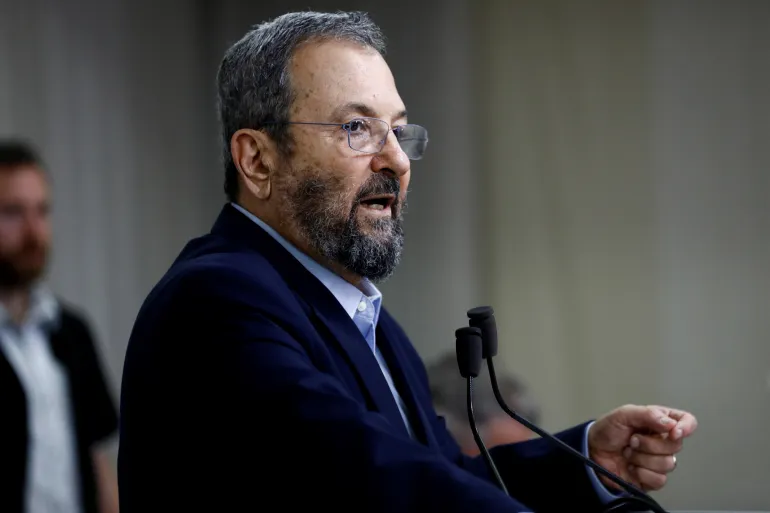The United States will reduce its tariff on low-value shipments from China—known as the “de minimis” rate—from 120% to 54%, effective May 14, according to a White House executive order issued Monday.
The move comes shortly after Washington and Beijing jointly announced a temporary easing of broader trade tensions, agreeing to roll back many of the tariffs introduced since early April.
The de minimis exemption, which dates back to 1938, previously allowed items valued at up to $800 to enter the US duty-free and with minimal inspection, particularly when sent through postal services. In recent years, the provision has been heavily utilized by e-commerce giants such as Shein, Temu, and others that ship low-cost goods directly to American consumers. It has also drawn scrutiny from lawmakers concerned about its exploitation for illicit drug shipments, including fentanyl.
Earlier this year, President Donald Trump moved to close this loophole by eliminating the exemption and introducing a 120% tariff on qualifying shipments, with plans for an additional flat $200 fee per item by June. That plan has now been amended: the flat fee will remain at $100, and the 120% rate will be cut to 54%.
The White House cited evolving trade dynamics and the broader context of ongoing negotiations with China as part of the rationale for the adjustment. The revised rate aligns with the recent announcement that both the US and China will reduce broader tariffs for 90 days—with the US dropping rates from 145% to 30%, and China lowering its retaliatory tariffs on American goods from 125% to 10%.
The surge in de minimis shipments has attracted increasing attention in Congress. Critics argue that the system has allowed cheap Chinese imports to bypass customs duties, undermining US manufacturers and retailers, while also creating opportunities for contraband smuggling. As of recent estimates, over 90% of packages entering the US under the de minimis provision came from China, with direct-to-consumer sellers accounting for the bulk.
Retail platforms including Amazon, Temu, and Shein did not immediately comment on the policy change.
The tariff revision is part of a broader effort to reset trade relations between the world’s two largest economies. Financial markets reacted positively to news of the temporary truce, with US stock indices rallying on Monday. Still, both sides emphasized that the deal is conditional, and further talks are expected over the coming months.
President Trump noted that while some tariffs have been paused rather than eliminated, he does not foresee a return to the earlier 145% peak—provided negotiations continue in good faith.
“We’re not looking to hurt China,” he said, adding that the adjustments were intended to benefit both economies.
Trump also mentioned he may speak with Chinese President Xi Jinping later in the week as the next phase of dialogue begins.










The latest news in your social feeds
Subscribe to our social media platforms to stay tuned